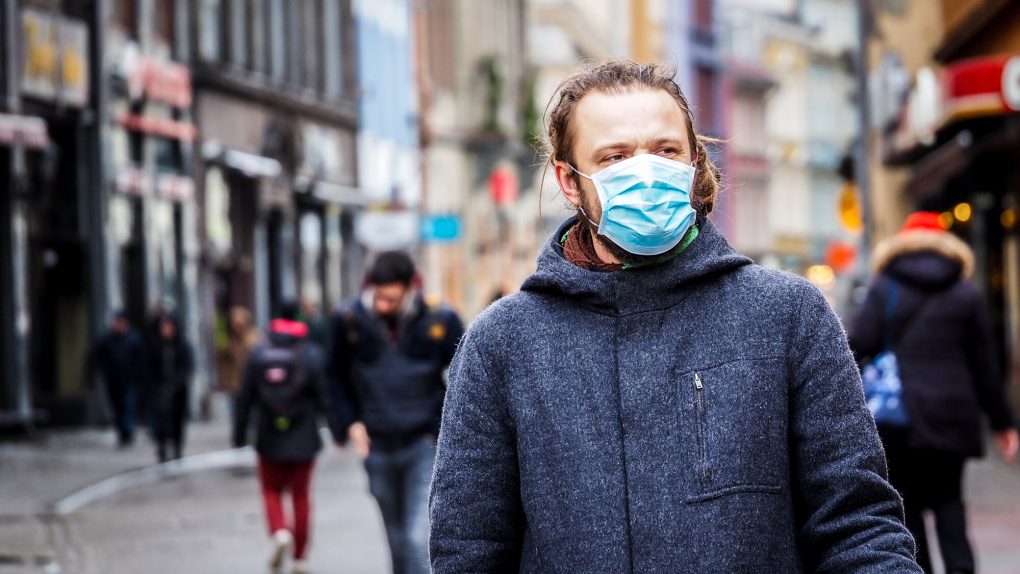- The coronavirus is surging across the U.S. at a rate we haven’t seen since the pandemic began.
- New studies suggest that reducing the quarantine period from 14 days down to 10 could actually help prevent coronavirus outbreaks.
- One study from Yale found that a seven-day quarantine, followed by a PCR test at the end, is an optimal guideline.
While vaccines from Pfizer and Moderna may ultimately help put the coronavirus pandemic behind us, it’s going to take a good few months — at the very least — before we can return to a pre-pandemic way of life. In a best-case scenario, Dr. Anthony Fauci believes that we might approach “some form of normality” by September of 2021. And that timeline, of course, hinges on how many Americans choose to take a vaccine.
In the interim, the coronavirus pandemic is surging across all corners of the country. Over the past week, the U.S. has been seeing an average of 215,000 new COVID-19 infections every single day. Meanwhile, the death rate is rising rapidly and many ICUs are operating at near or full capacity. One of the reasons why the coronavirus is spreading so quickly can be traced back to pandemic fatigue, which is to say that many people at this point are simply sick and tired of adhering to coronavirus safety guidelines.
Touching on this topic, The Wall Street Journal back in October observed:
The collective exhaustion—known as pandemic fatigue—has emerged as a formidable adversary for governments that are counting on a high degree of public cooperation with the latest rounds of restrictions to flatten the infection curve. Too much pandemic fatigue, authorities say, can fuel a vicious cycle: A tired public tends to let its guard down, triggering more infections and restrictions that in turn compound the fatigue.
In light of the above, a new study found that reducing the standard 14-day quarantine could actually help reduce the number of coronavirus outbreaks. The rationale is that a longer quarantine can be stressful from both a psychological and economic standpoint and, in turn, can cause some people to disregard safety norms entirely. In short, a slightly shorter quarantine could help bolster compliance and reduce the impact of pandemic fatigue.
While a shorter quarantine may seem counterintuitive, recent studies have found that a 14-day quarantine period might be excessive, pandemic fatigue aside. Recall, the CDC earlier this month shortened its 14-day quarantine recommendation down to 7-10 days. Per the revised guidelines, anyone who was exposed to someone who had the virus can leave quarantine after 7 days provided they have a negative PCR test and after 10 days if they don’t take a test. And far from a hasty decision, CDC director Robert Redfield explained that the change was based on scientific studies that underwent a thorough and strict review.
National Geographic adds:
Aside from shaving a few days off confinement, reducing the length of quarantines may help prevent coronavirus clusters before they happen. Recently, researchers at the Yale School of Public Health, led by biostatistician Jeff Townsend, developed mathematical models showing just that. They found that strategically combining COVID-19 testing with a shortened quarantine can ease the burden for people who have potentially been exposed.
What’s more, studies have also shown that people with the coronavirus are more infectious about 5 days after exposure, a finding which suggests that a shorter quarantine period wouldn’t have any adverse effects.
As a final point, the aforementioned Yale study found that an optimal quarantine period is about seven days with a PCR administered at the end.
“Appropriately timed testing can make shorter quarantines more effective,” the study reads in part, “thereby minimizing economic impacts, disruptions to operational integrity, and COVID-related public health risks.”








